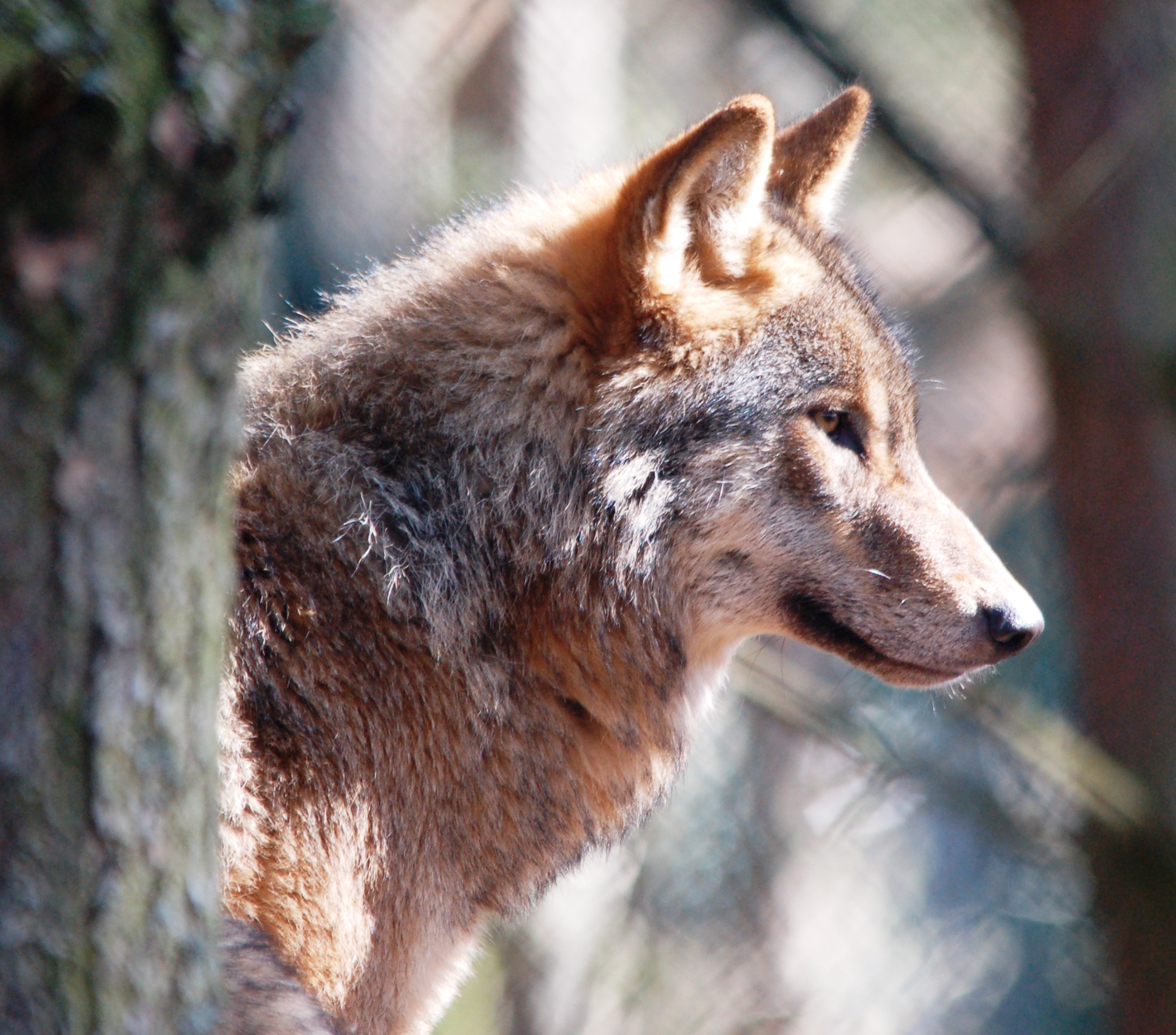The European Environmental Bureau speaks out about controversial proposal to downgrade wolf protection status

Eurasian wolf © Nick Jonsson / Creative Commons
22.01.2024
The European Environmental Bureau, (EEB), is Europe’s largest network of environmental citizens’ organisations, bringing together over 180 member groups from 40 countries. The ERF’s recent grant to the EEB will specifically support it in taking coordinated action across its membership to oppose the watering down of the legal protection for wolves in Europe.
In December 2023, the European Commission released an analysis recommending the downgrading of the protection status of wolves under the Bern Convention. This decision, if implemented, would mark a significant departure from the strict protection currently afforded to wolves under both the Bern Convention and the EU Habitats Directive. It also goes against Europe’s commitment to biodiversity protection and restoration as promised under the EU’s Biodiversity Strategy, and Europe’s full endorsement of the Global Biodiversity Framework.
The EEB note that wolves, once driven to the brink of extinction in Europe, have experienced a notable recovery thanks to concerted conservation efforts. However, this has caused some conflicts with hunters and farmers, with a number of cases of wolves attacking livestock. This is mainly because they have returned after decades to parts of Europe where the knowledge and practices of living with them has been lost.
Sergiy Moroz, Policy Manager for Biodiversity and Water at the EEB has argued that the recommendation to change the conservation status of wolves is a politically motivated one, saying that; “is an early Christmas present to von der Leyen’s political family as it seeks to position itself as a defender of farming and rural communities ahead of the European elections. The proposal is neither justified by science nor supported by public opinion. The EU can achieve peaceful co-existence with wolves by making full use of funding, best practices and other technical solutions available to protect livestock.”
Critics of the recommendation argue that the EU already possesses the tools and guidelines necessary to address the conflicts arising from the coexistence of wolves and human activities. These include guidelines for state aid in the agricultural sector, allowing member states to compensate farmers for damages caused by wolves, and rural development funds that could support coexistence efforts.
The EEB also points to a recent poll that reveals most rural inhabitants support the protection of wolves and other large carnivores, with 68% stating that they should be strictly protected and 72% agreeing that they have a right to co-exist.
Wolves play a vital role in maintaining ecosystem balance and biodiversity, and the return of the wolf to Europe is a considerable conservation success. The EEB has drafted a joint letter calling on the EU to uphold wolf protection here.
It is now for the Member States to decide on this proposal. Once adopted, the proposal will be submitted by the EU to the Standing Committee of the Bern Convention.